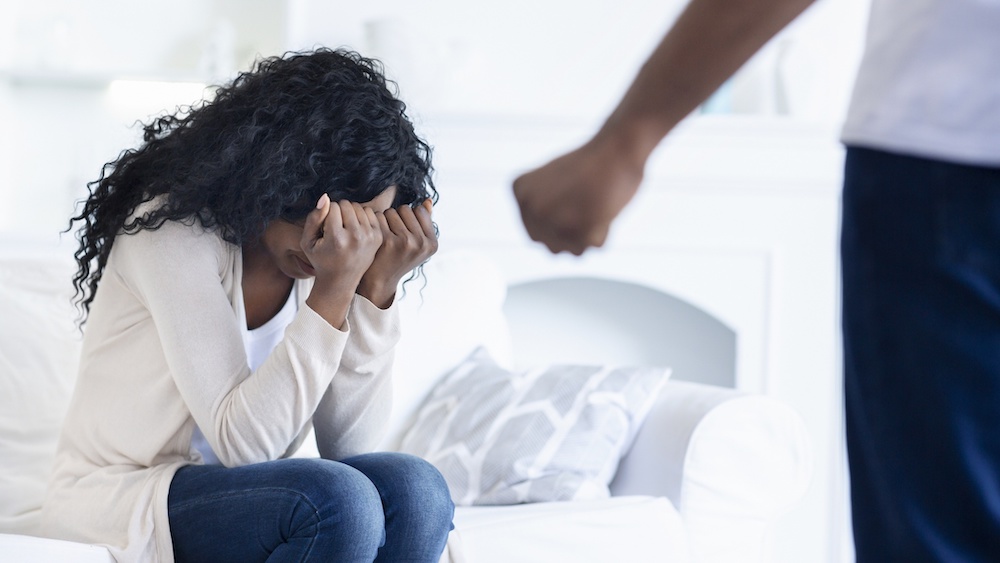If you’re interested in sharing your opinion on any cultural, political or personal topic, create an account here and check out our how-to post to learn more.
____
As if the devastating health effects of the COVID-19 pandemic weren't bad enough on their own, we have also been seeing cascading repercussions across the nation and around the world.
Most people are well aware of the tens of millions of Americans currently laid off from their jobs, but not as many are aware that the United States is also now in the throes of a growing domestic abuse epidemic. Simply put, many domestic violence survivors are trapped with their abusers because of the lock down and stay-at-home orders in place across the nation. And as it turns colder during the holiday season, that is only going to get worse as people have to stay inside.
In addition, as Lauren Kelley, New York Times editorial board member, wrote in the paper earlier this year, "Lockdowns have made it more difficult for domestic violence survivors to distance themselves from their abusers; orders of protection often take longer to come through because courts aren’t operating at full capacity; experts have viewed the decline in calls for help with alarm, as it suggests survivors might not be able to get away from abusers long enough to reach out.”
And as Karen Weintraub points out in USA TODAY, “the test that's most commonly used to diagnose COVID-19, known as a PCR test…routinely takes a week or longer to return results.”
This severe failure of leadership at the highest levels of our government has only exacerbated the domestic abuse epidemic by keeping even those who are not sick home longer.
But, even before this pandemic arrived in our lives, there was one phone call every four seconds to a domestic violence hotline. Let that sink in. That’s not the total number of victims, that’s the total number of victims who had the wherewithal and freedom to be able to contact a professional organization for help.
As a dual board-certified facial plastic surgeon and volunteer for the American Academy of Facial Plastic and Reconstructive Surgery (AAFPRS) humanitarian program Face to Face, I have witnessed, and worked to combat, the severe repercussions of domestic violence. And I feel that it’s my professional, and moral, responsibility to help educate the public on what they can do about this abhorrent wave of domestic violence.
You see, many people think they are powerless in the face of such horrors and that these systemic challenges are simply beyond their control. But that’s not true. There is a lot you can do.
– Learn the visible warning signs of domestic abuse, including black eyes, busted lips, red or purple marks on the neck, sprained wrists and bruises on the arms.
– Victims often feel that no one would believe them if they told people about the violence. So, believe the victim's story and say so. Finally having a friend, relative or co-worker who knows the truth about their struggles can bring a sense of hope and relief.
– Help the victim identify and reach out to support resources. Look up telephone numbers for shelters, social services, attorneys, counselors or support groups, if that’s what it takes. If available, offer brochures or pamphlets about domestic violence.
– Companies can offer women facing domestic abuse flexible working arrangements and extra leave time in order to allow them to move and/or organize childcare. They can also consider relocating them to new jobs away from their abusers to keep them safe. If you have a co-worker who is being abused, try to work with their employer to help.
– Check out online resources with extensive information and additional suggestions. For example, The Rape, Abuse & Incest National Network (RAINN) has an excellent toolkit on their website.
Most importantly, stay informed and plugged-in to those around you at this difficult time. You have more power than you realize to make a noticeable improvement in the lives of others.
Working together, we can get through this pandemic and make sure that we also show compassion for the domestic violence survivors amongst us. I cannot think of a better way to help each other during this holiday season.
